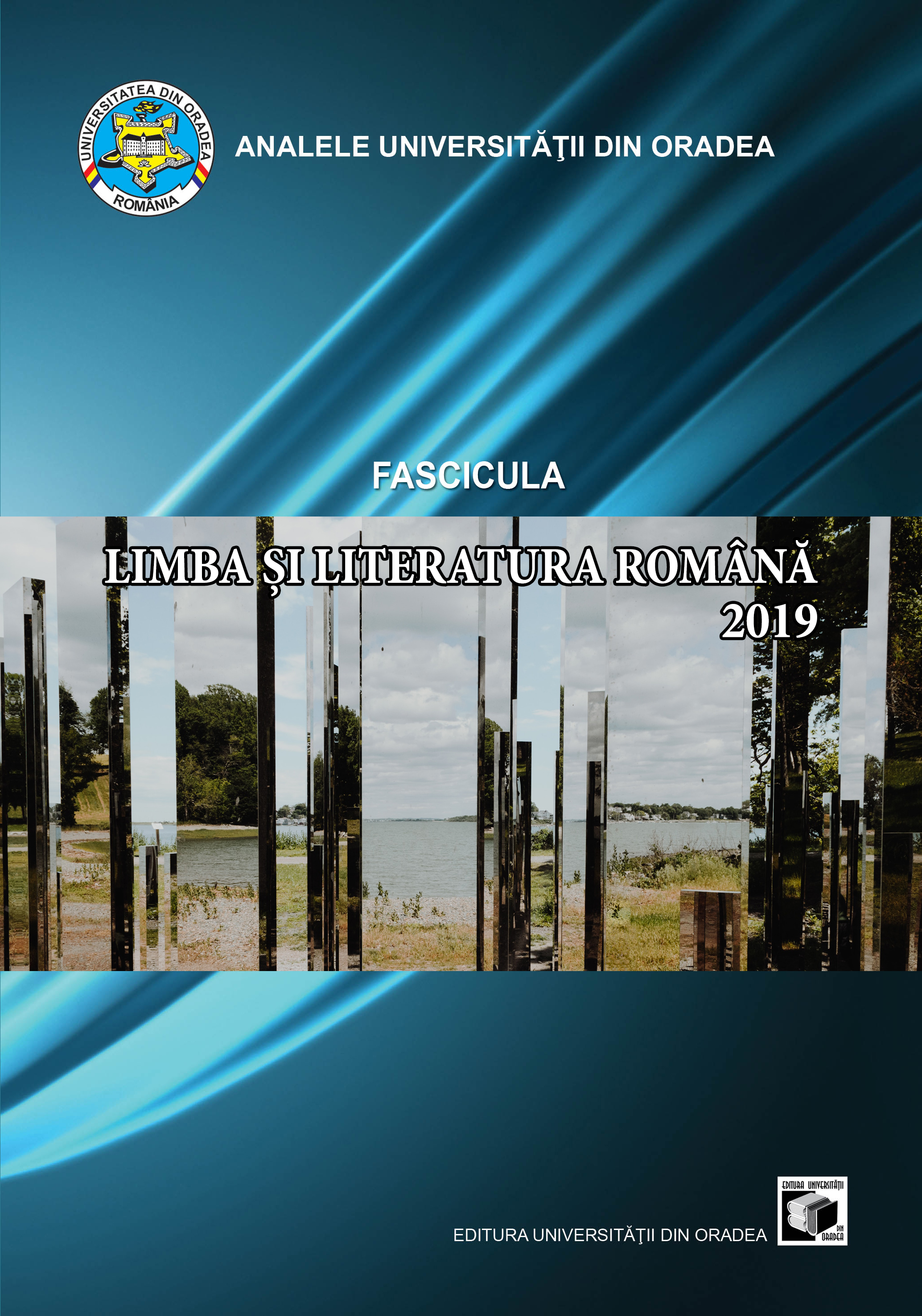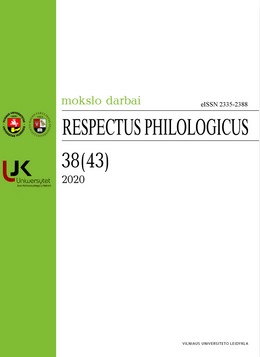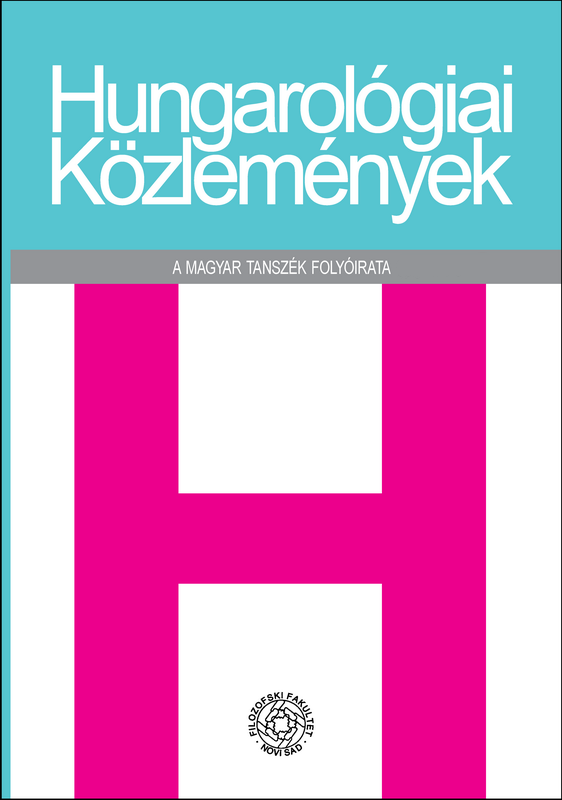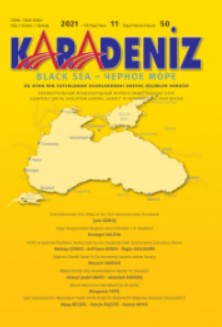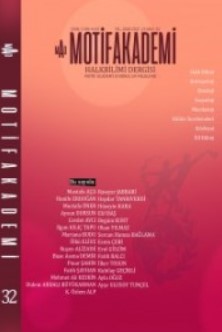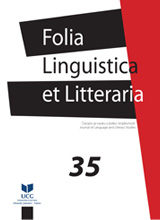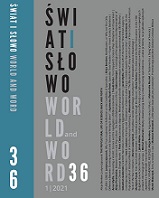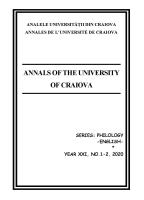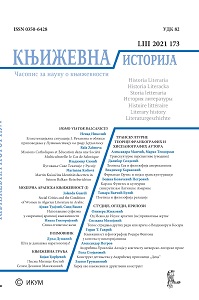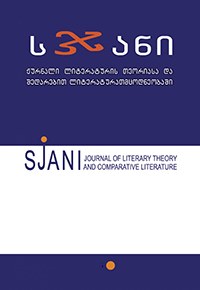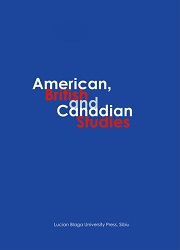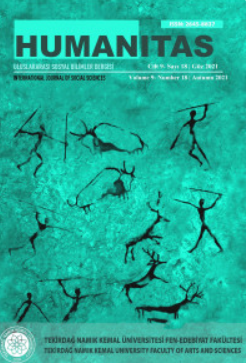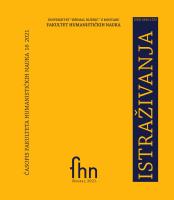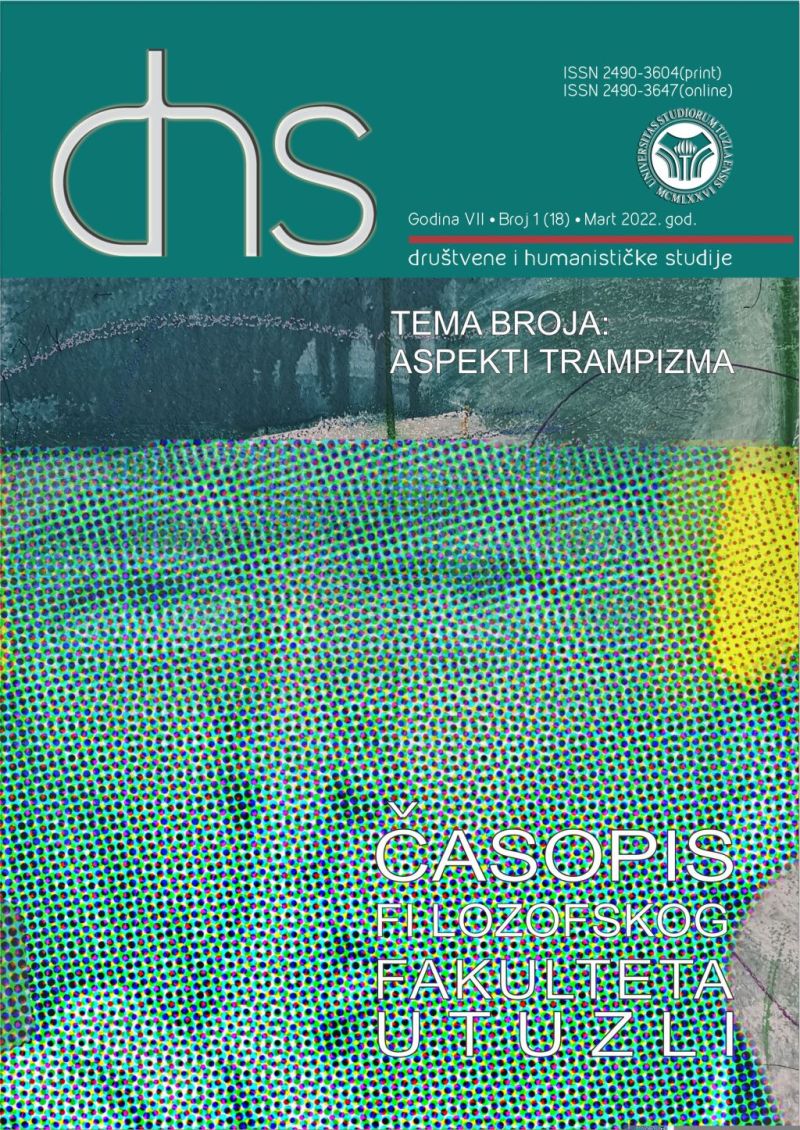Author(s): Vedi Aşkaroğlu / Language(s): Turkish
Issue: 50/2021
The Magus, by John Fowles, focuses primarily on woman-man relations, responsibility, and love centered around sex and self-quest themes. carried out by Nicholas Urfe, in Praxos, Greece. Initially, Nicholas, who openly expresses that he has behaved irresponsibly as regards sex and women, is escaping from responsibility, devotion and falling in love. He does not maintain his dating with women for a long time, he avoids being in the same city and tries to find a new relationship to forget the previous one. Yet, Alison destroys this chain of behaviour. Nicholas accepts Greece to get away from emotions and to make a fresh start. There, he meets a very rich and secret man, Mr. Conchis. Soon, he finds himself in a magical game with mythological figures, theatre, dance, music and sex. This game ends up with purificaton of his emotions, a new perception of love and maturation. The inner journey he undergoes will unite him with Alison in pure love. In this article, the role of “playfulness” (an important element of postmodern fiction) in constructing personality will be analyzed. In the Magus, where a two-layered play is performed, the first layer of meaning will be handled as postmodern playfulness, and the play element constructed and performed by Conchis (as the Magus, after whom the title of the novel is selected) and such characters as Julie/Lily in order to educate Nicholas and shatter his Victorian oriented perception of the world will be examined. The main objective in this article is to analyse Nicholas’s inner journey to discovery of his private world and gaining of a deep insight, with such themes as sex, perception, love and responsibility in relation with the element of postmodern playfulness.
More...
